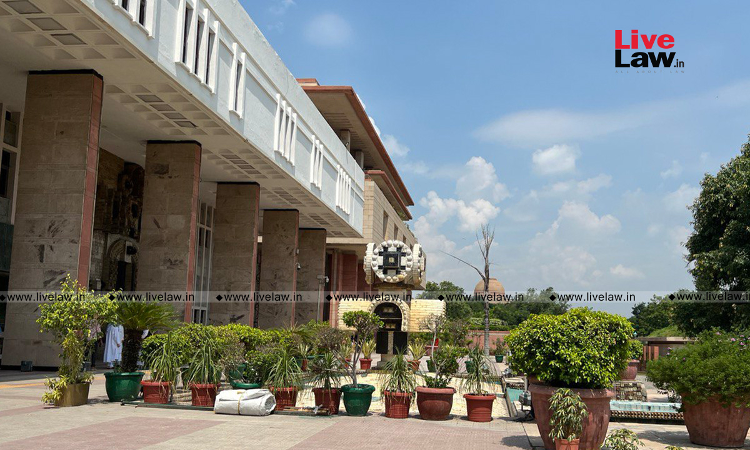Jamiat Ulama-I-Hind Moves Delhi High Court Opposing PIL Challenging Vires Of Waqf Act
Nupur Thapliyal
16 Sept 2022 12:15 PM IST

Next Story
16 Sept 2022 12:15 PM IST
Jamiat Ulama-i-Hind, a social religious organization, has moved the Delhi High Court opposing a public interest litigation filed by BJP leader and Advocate Ashwini Kumar Upadhyay challenging the constitutional validity of various provisions of Waqf Act, 1995. A division bench comprising Chief Justice Satish Chandra Sharma and Justice Subramonium Prasad today issued notice and sought reply...
